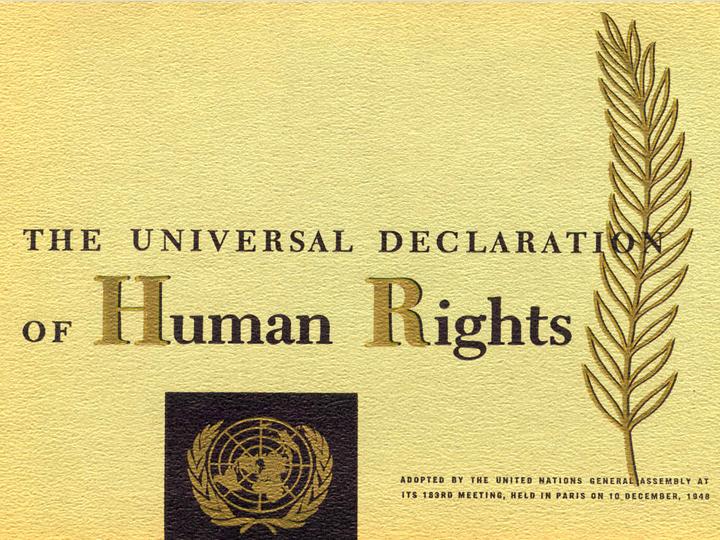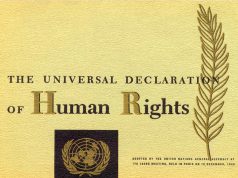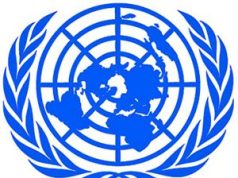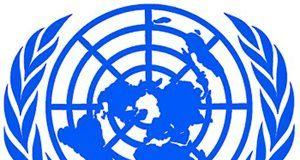Afghanistan Human Rights: Challenges and Prospects
Afghanistan, a nation with a complex history marked by conflict and instability, faces numerous human rights challenges. This article explores the state of human rights in Afghanistan, shedding light on the ongoing issues and the potential for positive change.
1. Historical Context
Understanding the human rights situation in Afghanistan requires considering its turbulent history. Decades of conflict, including the Soviet-Afghan War, the rise of the Taliban, and the post-9/11 war on terror, have profoundly influenced the human rights landscape in the country. These historical events continue to shape Afghanistan’s struggle for human rights.
2. Human Rights Challenges
Afghanistan faces a myriad of human rights challenges, including:
a. Women’s Rights: Despite improvements in recent years, Afghan women continue to face significant obstacles to education, employment, and political participation.
b. Freedom of Expression: Concerns about freedom of expression persist, particularly in areas controlled by the Taliban or conservative factions.
c. Security Concerns: Ongoing violence and armed conflict pose serious risks to the safety and security of Afghan citizens, with attacks on civilians and humanitarian workers.
d. Child Labor: Child labor remains a concern, with many Afghan children engaged in hazardous and exploitative work.
e. Access to Healthcare and Education: Limited access to quality healthcare and education, especially in rural areas, is a major challenge.
3. Progress in Human Rights
Despite the challenges, Afghanistan has made some progress in human rights:
a. Women’s Rights: Advances in women’s rights have been notable, with more women participating in public life and education, and changes in legislation to protect their rights.
b. Freedom of Media: The Afghan media has gained significant independence and freedom, playing a crucial role in raising awareness and promoting accountability.
c. Civil Society: Civil society organizations and human rights activists continue to work tirelessly to promote human rights and raise awareness about violations.
d. Education and Healthcare: Initiatives to improve access to education and healthcare have had a positive impact on the lives of many Afghans.
4. International Engagement
International organizations and the United Nations have played a crucial role in supporting and advancing human rights in Afghanistan. The UN Assistance Mission in Afghanistan (UNAMA) monitors human rights, supports conflict resolution efforts, and provides assistance in areas like justice and transitional justice.
5. The Taliban’s Return and Human Rights
The recent return of the Taliban to power in Afghanistan has raised concerns about the future of human rights in the country. The Taliban’s past record on issues like women’s rights and freedom of expression has been problematic. The international community closely monitors the situation and engages in dialogue to advocate for the protection of human rights.
6. The Path Forward
To improve the state of human rights in Afghanistan, several measures can be taken:
a. Protecting Women’s Rights: Efforts must be made to safeguard and advance the rights of Afghan women and girls, ensuring their access to education, employment, and participation in political life.
b. Ensuring Freedom of Expression: Encouraging an open and free media environment is essential to protect freedom of expression.
c. Promoting Security: Establishing peace and security in Afghanistan is critical to protecting human rights.
d. Reducing Child Labor: Measures to combat child labor and ensure the rights and well-being of Afghan children should be prioritized.
e. Expanding Access to Education and Healthcare: Improving access to quality education and healthcare in underserved areas is vital.
Conclusion
Afghanistan’s human rights landscape remains fraught with challenges, but the potential for progress exists. The historical context, current security concerns, and changing political dynamics all influence the human rights situation in the country. As Afghanistan grapples with these complexities, international support and diplomatic efforts are essential in helping the nation advance human rights, build a just society, and promote peace and stability.
Social Consign For Afghanis ! / Are There Human Rights in Afghanistan?
Afghanistan Human Rights
Human rights in Afghanistan are almost non-existent. Women, children, people with disabilities, and displaced persons in human beings are treated mostly it’s possible. Weak law enforcement and corruption, lack of social services, civil war, political unrest, among other issues are major opponents to enforcing basic human rights.
Progress in Afghanistan for obtaining the rights of its citizens has been very minimal to non-existent in some areas of the country. AIHRC (Afghanistan Independent Human Rights Commission) was developed in 2002. The commission has designed a four year (2010-2013) strategic plan to assist in the development and enforcement of basic human rights. However, the Chairperson, Dr. Sima Samar, who ironically is a woman, paints a bleak picture of the human rights situation currently in existence in Afghanistan. She does feel with the assistance and perseverance of AIHRC that the country can make strides in achieving the enforcement of basic human rights for all citizens of Afghanistan.
There have been laws set through the Constitution of Afghanistan which states they will observe the Universal Declaration of Human Rights (UDHR). However, there is little to no enforcement in any area of human rights. The Constitution says the country belongs to all ethnicities in the country but commonly people are persecuted because someone thinks they are a different race. The Constitution talks about a society free of oppression, discrimination, and violence, social justice, protection of human rights and dignity, and ensuring fundamental rights and freedoms of the people. This is a joke to the citizens of Afghanistan as none of those listed are enforced.
Violations are numerous throughout the country. Many, many of the violations are not even reported. Education of the citizens will be vital in helping them to understand that it is not appropriate to abuse women and children and/or violate their rights. Women and children will have to be educated to make sure they know what their basic human rights.
With the Taliban leading the country at this point, numerous questions have been raised as to the enforcement of human rights. The Taliban condones kidnapping of people they feel are spies or working for other international military organizations. Most often those kidnapped are killed. Over three thousand civilians in the country have been killed as of the beginning of 2013. They were killed by military attacks on their communities, kidnapping, and roadside bombings. Within the Taliban controlled government, there are only nine women out of the 70 officials. Most citizens feel this is only for the sake of the United Nations demanding the rights of equality in employment. These citizens are also very concerned about the women being persecuted if they speak against the Taliban.
Afghanistan has a very long way to go before it can be said they meet the needs of basic human rights. The United Nations, AIHRC, and UDHR are trying to help the citizens through education as to what exactly their basic human rights are and financial support for social services as the citizens come forward requesting help. The Taliban is resistant to any agreement to help these organizations financially and are only doing as little as possible to enforce the rights of the citizens.








